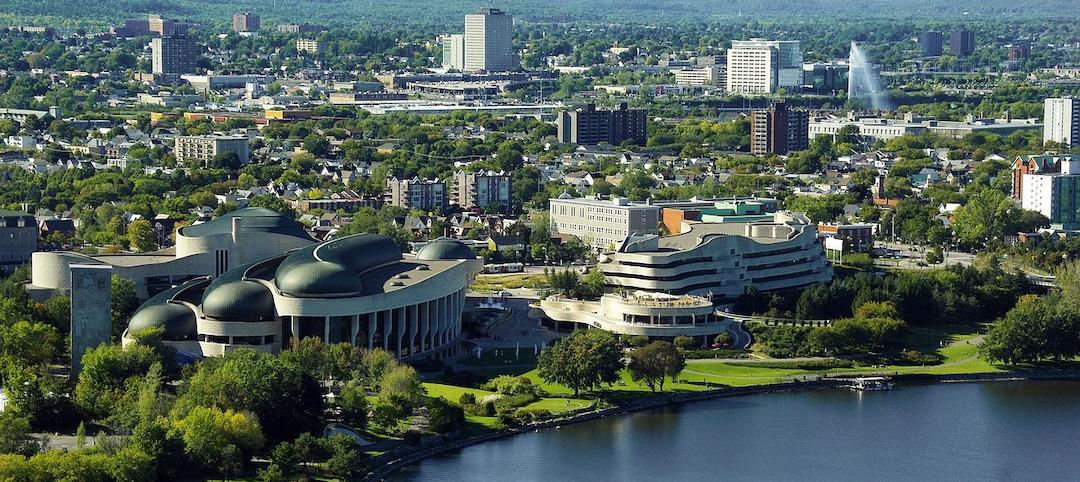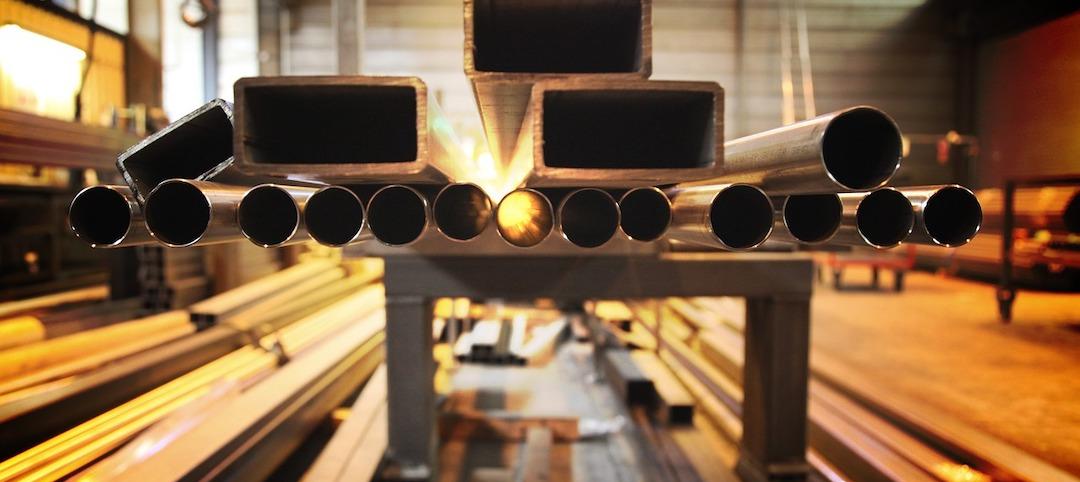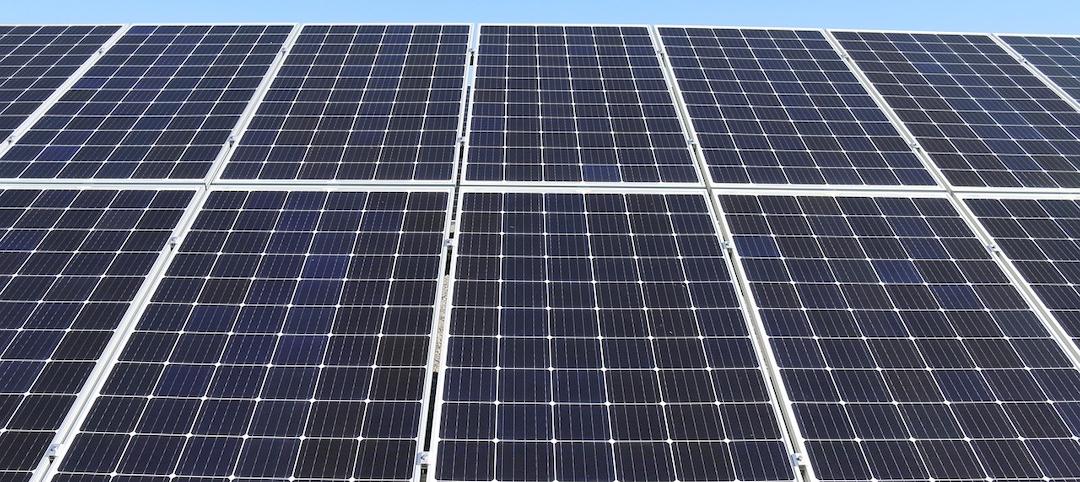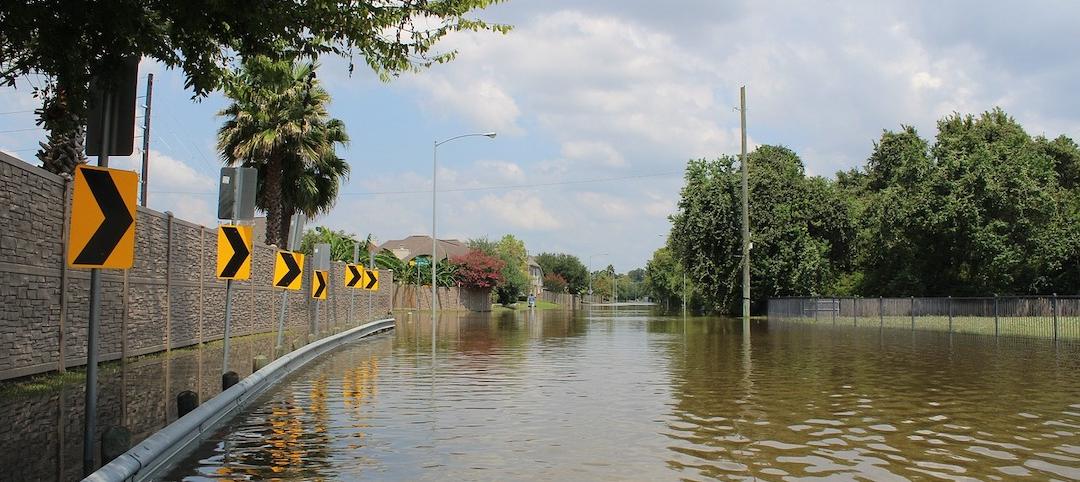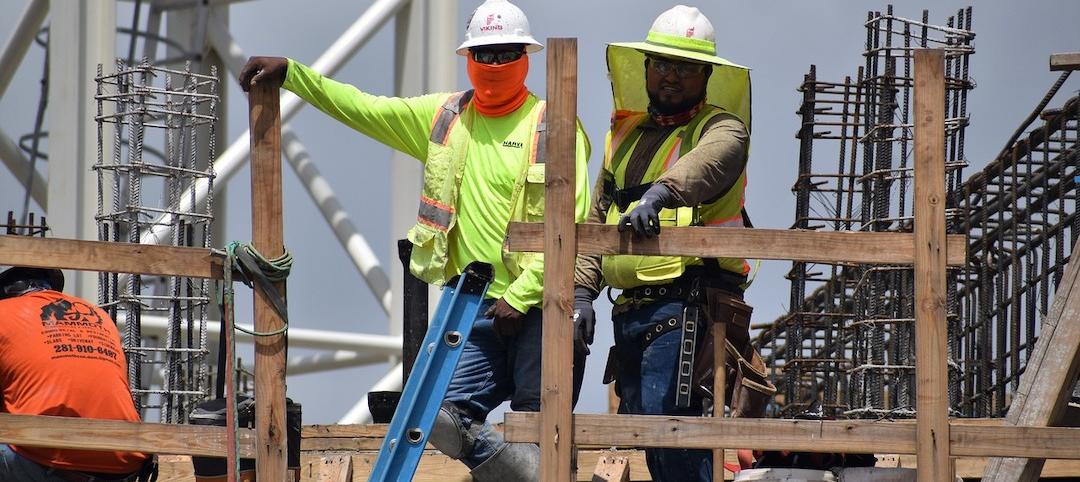The final 2021 International Energy Conservation Code (IECC) for new residential and commercial buildings has been finalized.
The new code contains significant energy efficiency gains, including options for constructing zero energy homes and commercial buildings, but omits “the most innovative and forward-looking proposals,” writes Laura Urbanek of the Natural Resources Defense Council. Among the proposals that didn’t get approved was one that mandated residential electrification readiness (e.g., constructing a home so that it is easy to replace gas appliances with efficient and lower-carbon electric options in the future).
Also eliminated were provisions for electric vehicle readiness for homes and commercial buildings, efficiency requirements for residential water heaters, and a prohibition on continuously burning pilot lights. Builders and construction industry groups were able to remove these measures in the appeals process of the code’s development.
The code does notably upgrade several requirements for new buildings, though. “Of the 21 proposals that were appealed, 17 will remain in the final code, which will substantially increase the efficiency of new homes built to the 2021 IECC,” according to Urbanek.
Related Stories
Codes and Standards | Jan 19, 2022
Canada’s Trudeau seeking building codes changes, net-zero emissions building strategy
Prime minister also wants net-zero electricity grid by 2035.
Codes and Standards | Jan 18, 2022
Greater emphasis on building materials needed to achieve net-zero carbon offices
Engineered wood, straw, and bamboo can be keys to achieving goal.
Codes and Standards | Jan 17, 2022
AISC seeks comments on draft earthquake standard for steel buildings
Includes new limits for cross-sectional slenderness of steel columns based on latest research.
Codes and Standards | Jan 12, 2022
California’s wildfire building code significantly reduces structural loss
As other states consider upgrading their codes, Golden State provides useful model.
Codes and Standards | Jan 12, 2022
Regulator holding back climate-friendly, energy-saving equipment deployment, critics say
Heat pumps, solar power could be made more accessible for low-income communities in Massachusetts.
Codes and Standards | Jan 11, 2022
Cost hikes drive nearly one million renters out of homeownership qualification in 2021
Household income needed to pay a mortgage rose to $62,872 from $55,186.
Codes and Standards | Jan 10, 2022
New ratings services focus on climate risk for homeowners
Efficacy of models used in risk assessment varies.
Codes and Standards | Jan 6, 2022
Virginia contractors having a tough time finding diverse subs to meet state goals
Survey of primes may indicate similar issues at federal level.
Codes and Standards | Jan 5, 2022
Boston drops parking requirements for affordable housing
Measure expected to spur new projects.
Codes and Standards | Jan 4, 2022
Dept. of Energy Better Climate Challenge aims for 50% GHG emission reduction by 2030
Program offers technical assistance and peer-to-peer knowledge sharing.



